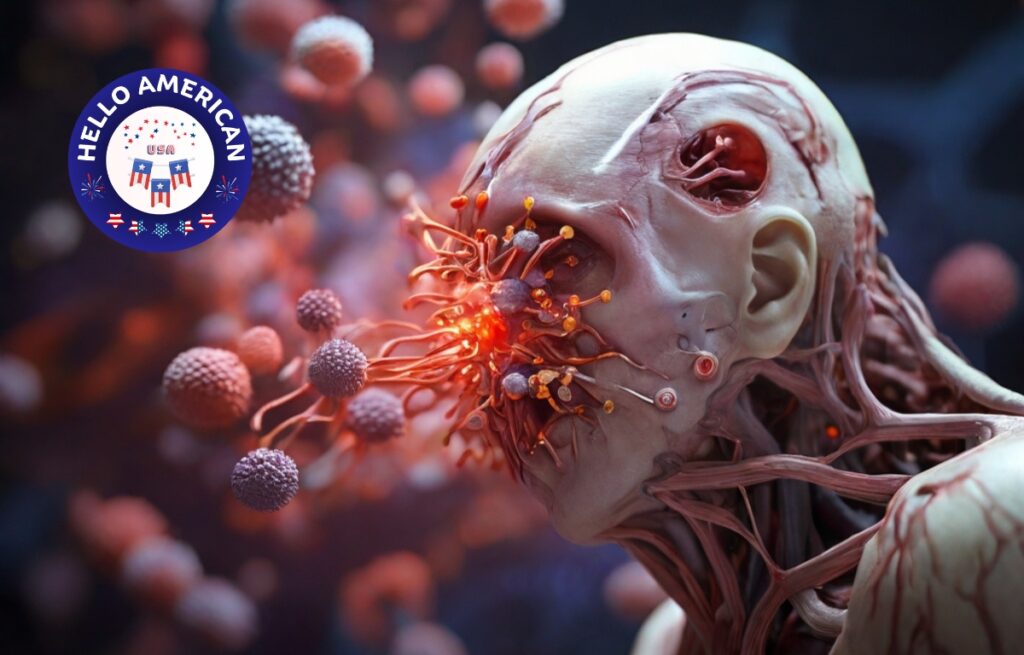Yes, some individuals who have had COVID-19 experience long-term effects, often referred to as “long COVID” or “post-acute sequelae of SARS-CoV-2 infection” (PASC). These long-term effects can persist for weeks or months after the initial recovery from the acute illness. Some of the common long-term effects include:
- Fatigue: Persistent tiredness and exhaustion that can interfere with daily activities.
- Shortness of breath: Difficulty breathing or lingering respiratory issues.
- Cognitive difficulties: “Brain fog,” difficulty concentrating, memory problems, and difficulty sleeping.
- Joint pain: Pain or inflammation in joints.
- Chest pain: Persistent chest discomfort or tightness.
- Heart palpitations: Irregular or rapid heartbeat.
- Loss of taste or smell: Some individuals continue to experience a loss of taste or smell for an extended period.
- Mood changes: Anxiety, depression, or other mental health issues.


Long COVID can affect individuals regardless of the severity of their initial illness. Even those who had mild or asymptomatic cases can experience prolonged symptoms. The exact causes and mechanisms behind long COVID are still being studied, but it’s believed that it might involve an immune response or inflammation affecting various organs and systems in the body.
Rehabilitation, medications, and therapies tailored to specific symptoms are often used to manage long COVID. Research is ongoing to better understand the condition and develop effective treatments.
If you’re experiencing prolonged symptoms after recovering from COVID-19, it’s advisable to seek medical attention to address your concerns and receive appropriate care.


